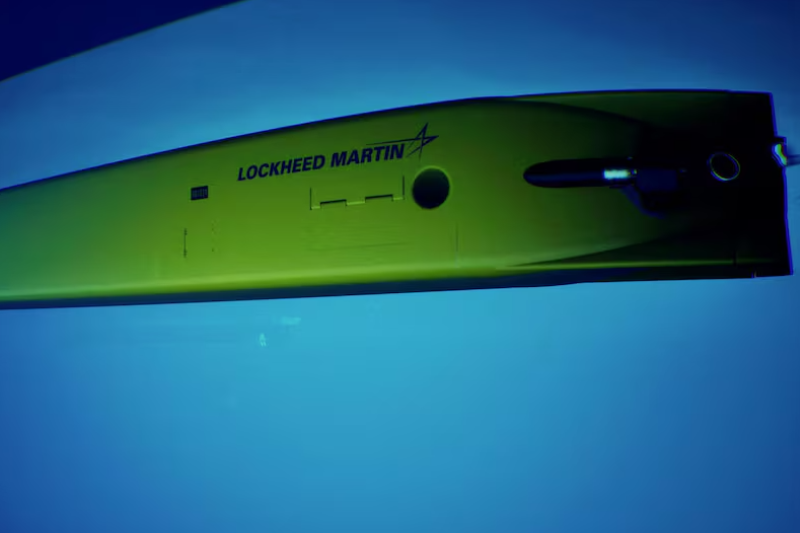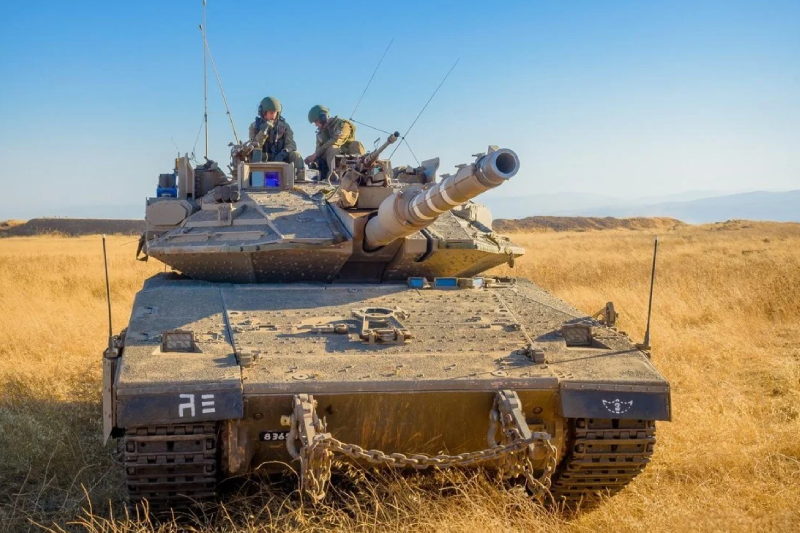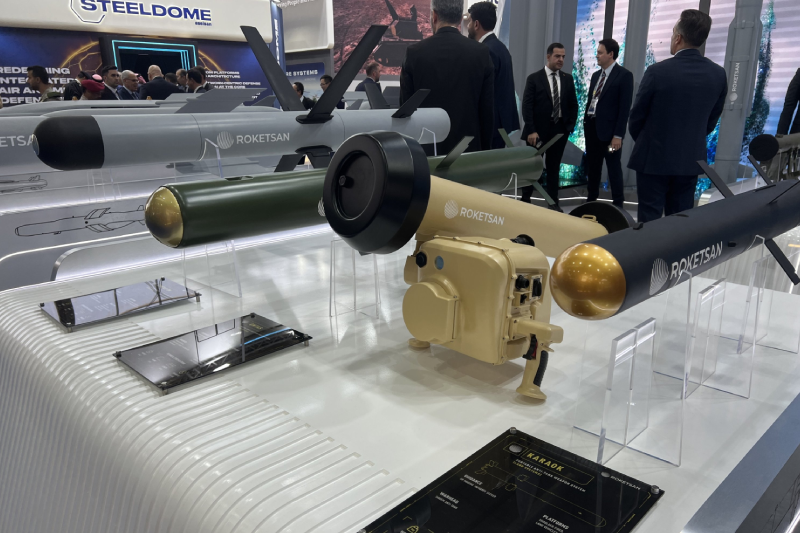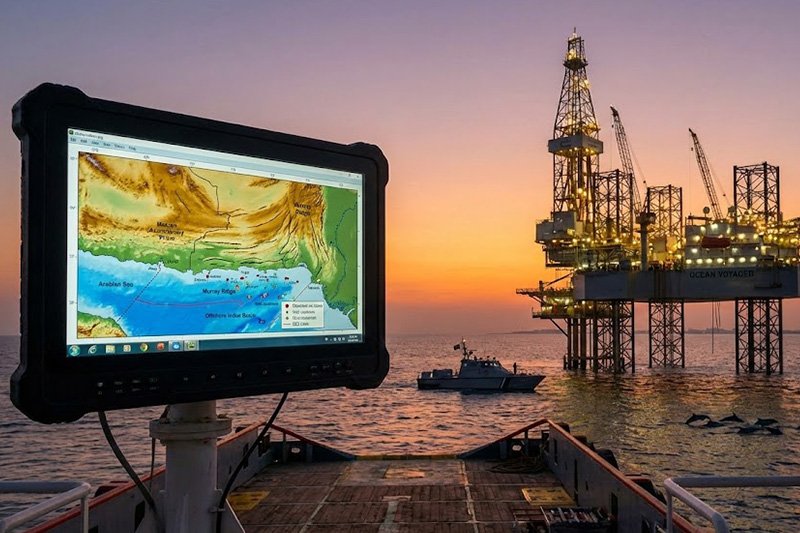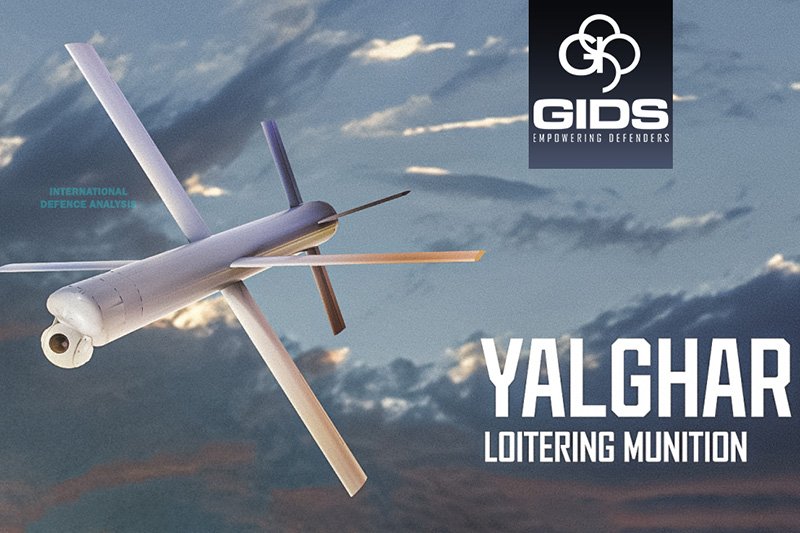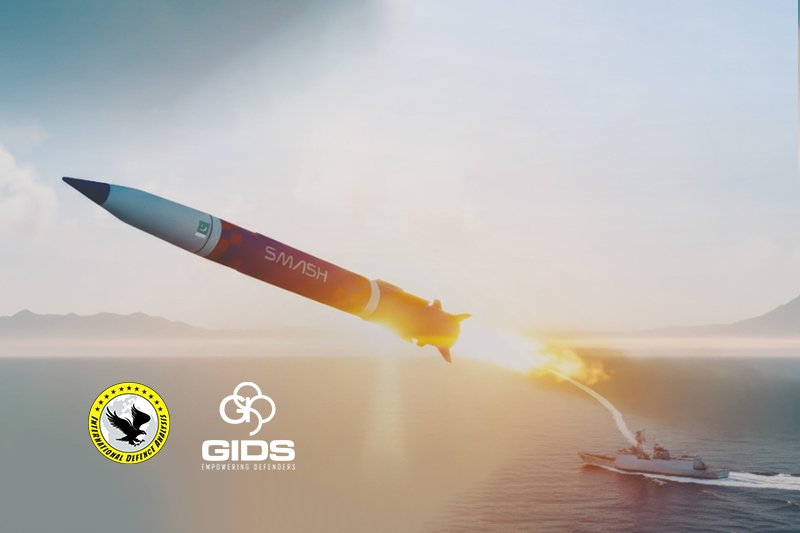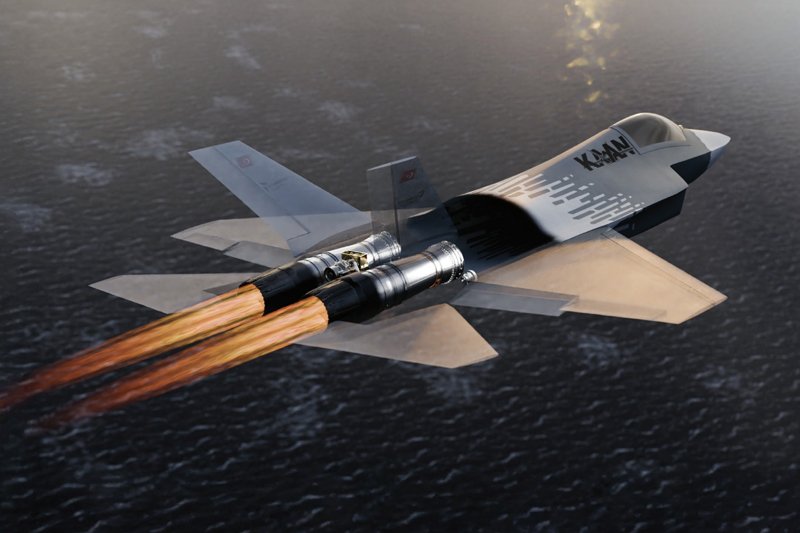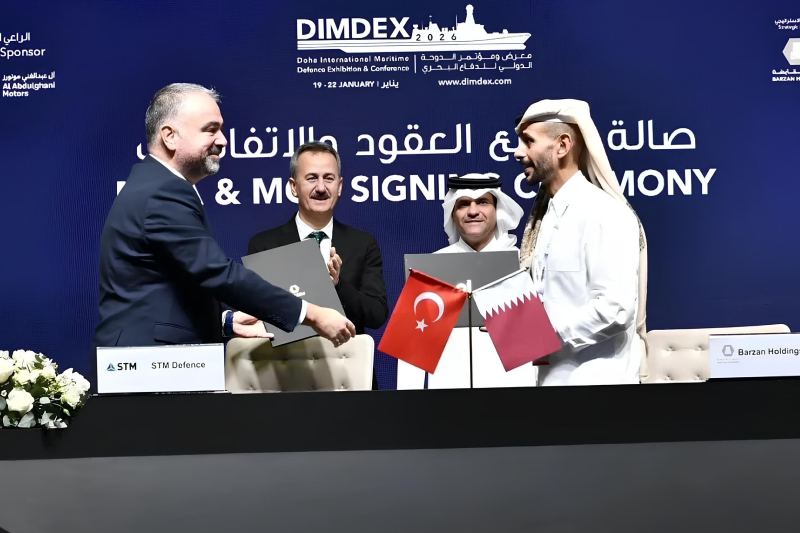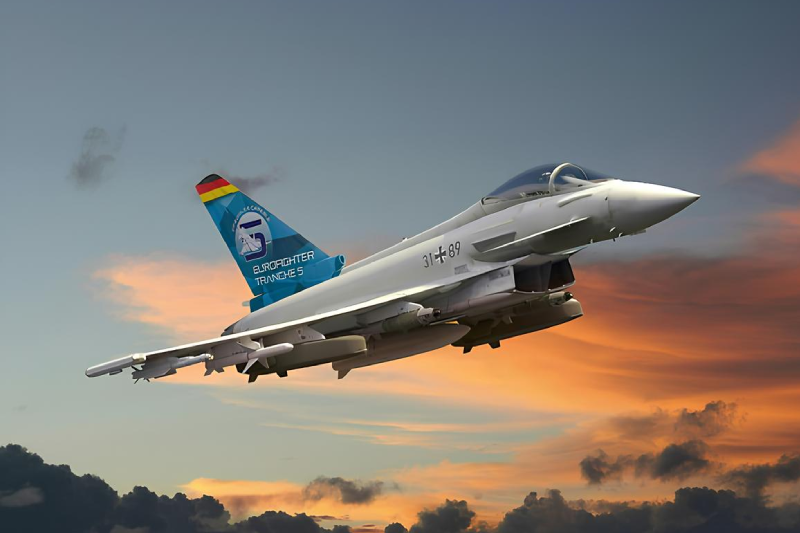Germany, Turkiye’s to Discuss Eurofighter Jet Deal
Germany has agreed to enter negotiations with Turkiye over potential deliveries of Eurofighter jets, marking a significant policy shift that could enhance Turkiye’s air force modernization efforts. A Foreign Ministry spokesperson confirmed Wednesday that the German government responded positively to a preliminary request from Airbus to negotiate the delivery of Eurofighter jets to Turkiye, emphasizing the aircraft’s role in collective defense within the NATO framework. This diplomatic breakthrough follows years of German opposition to the sale and represents progress toward finalizing Turkiye’s 40-aircraft procurement agreement with the European consortium.
Positive German Government Response
The German government has responded positively to Airbus’s preliminary request to negotiate Eurofighter deliveries to Turkiye, representing a substantial policy reversal. The spokesperson emphasized that these aircraft serve collective defense purposes within the NATO framework, highlighting the alliance security context.
This positive response removes a significant obstacle that had complicated Turkiye’s procurement efforts for several years. Germany’s willingness to negotiate signals improved bilateral relations and recognition of Turkiye’s strategic importance within NATO alliance structures.
High-Level Diplomatic Engagement
Foreign Minister Johann Wadephul will travel to Ankara on Friday to discuss the issue with Turkish counterpart Hakan Fidan, demonstrating the diplomatic priority both nations place on resolving outstanding issues. This ministerial-level engagement suggests serious intent to finalize arrangements.
The direct ministerial discussions enable resolution of sensitive political considerations that might impede lower-level technical negotiations. High-level engagement often proves essential for overcoming bureaucratic obstacles in complex international defense transactions.
40-Aircraft Procurement Program
Turkiye has been in talks since 2023 to purchase 40 Eurofighter Typhoons built by a consortium of Germany, Britain, Italy, and Spain, represented by Airbus, BAE Systems, and Leonardo. This substantial procurement would significantly enhance Turkish air combat capabilities.
The 40-aircraft quantity represents a meaningful fleet addition capable of equipping multiple squadrons with modern capabilities. The procurement scale demonstrates Turkiye’s commitment to maintaining credible air defense and power projection capabilities.
German Opposition Reversal
Germany initially opposed the sale but later reversed its position, reflecting evolving assessments of regional security requirements and bilateral relations. The policy reversal enables progress toward contract finalization after years of diplomatic complications.
Britain led negotiations on behalf of the consortium, utilizing its traditionally strong defense relationship with Turkiye to facilitate discussions. British leadership proved instrumental in maintaining momentum despite German hesitations.
British Preliminary Agreement
In July, Britain signed a preliminary deal allowing Turkiye to operate the jets, which Ankara has sought to modernize its air fleet and strengthen defenses amid growing regional instability. This preliminary agreement established the framework for subsequent negotiations with other consortium members.
The British agreement demonstrated that consortium partners could reach accommodations addressing Turkiye’s requirements while satisfying their export control obligations. This precedent facilitated subsequent German reconsideration of its position.
German Export Approval Confirmation
The German government cleared the way for delivery after sending written confirmation to the Turkish government confirming that the export has been approved. This formal approval represents concrete progress beyond preliminary discussions toward actual contract execution.
Written confirmation provides the legal foundation necessary for contract finalization and manufacturing commencement. The formal approval reduces uncertainty that might otherwise complicate procurement planning and budget allocation.
F-16 Procurement Parallel
Beyond Eurofighters, Turkiye is in talks with Washington to purchase dozens of F-16s, pursuing parallel modernization tracks that combine European and American aircraft. The dual-track approach provides operational flexibility while ensuring capability continuity during fleet transitions.
F-16 procurement addresses immediate replacement requirements for aging aircraft while Eurofighter acquisition provides advanced capabilities for more demanding missions. The combined approach creates balanced force structures spanning multiple capability levels.
F-35 Program Negotiations
Turkiye is negotiating potential return to the US-led multinational F-35 fighter jet program, from which it was removed in 2019 following its purchase of Russian-made S-400 missile defense systems. F-35 program restoration would provide Turkiye with fifth-generation stealth capabilities.
The F-35 discussions demonstrate Turkiye’s interest in maintaining access to cutting-edge Western military technology despite past disagreements. Successful negotiations would significantly enhance Turkish air combat capabilities while strengthening NATO interoperability.
Historical Arms Embargo Context
Despite boasting NATO’s second-largest army, Turkiye often faced arms embargoes in the past, creating incentives to boost domestic capabilities and reduce foreign dependence over the last two decades. These embargoes catalyzed Turkiye’s defense industrial transformation.
The embargo experiences demonstrated vulnerabilities associated with foreign dependency while motivating substantial investments in indigenous defense capabilities. This painful experience fundamentally reshaped Turkish defense industrial strategy.
Domestic Defense Industry Development
Today, Turkiye produces a wide range of vehicles and arms types domestically, including drones, missiles, and naval vessels. This industrial capacity provides strategic autonomy while supporting export initiatives that generate revenue and diplomatic influence.
The domestic industry development represents one of the most successful defense industrial transformations globally, with Turkish systems gaining widespread international acceptance. This capability reduces vulnerability to future embargoes while providing economic benefits.
Kaan Fifth-Generation Fighter Development
Turkiye is developing its own fifth-generation fighter jet named Kaan, sought to replace the Air Force’s aging F-16 fleet planned for phase-out starting in the 2030s. Kaan development demonstrates Turkiye’s ambition to achieve complete autonomy in combat aircraft.
Mass production is expected to start in 2028, providing domestically controlled advanced fighter capabilities independent of foreign approval requirements. The indigenous development eliminates political vulnerabilities associated with foreign aircraft procurement.
NATO Collective Defense Framework
The German spokesperson emphasized that Eurofighter aircraft serve collective defense within the NATO framework, highlighting alliance security justifications for the export approval. This framing addresses domestic German concerns about arms exports while emphasizing shared security interests.
The collective defense context provides political cover for export approval while reinforcing Turkiye’s NATO membership importance. Alliance framework references help justify controversial defense exports to skeptical domestic audiences.
Regional Instability Considerations
Turkiye seeks to modernize its air fleet and strengthen defenses amid growing regional instability, with conflicts in Syria, ongoing tensions in the Eastern Mediterranean, and evolving security challenges. These threat perceptions drive modernization requirements.
Regional instability creates legitimate defense requirements that justify substantial investment in modern combat aircraft. The security environment provides compelling rationale for both Turkish procurement and allied export approvals.
Consortium Manufacturing Structure
The Eurofighter Typhoon is built by a consortium of Germany, Britain, Italy, and Spain, requiring coordinated export approvals from all participating nations. This complex approval structure historically complicated Turkish procurement efforts.
The consortium structure means individual national objections can block exports despite other members’ support. Germany’s approval therefore proves essential for finalizing contracts and commencing deliveries regardless of other nations’ positions.
Air Fleet Modernization Strategy
The Eurofighter procurement represents a critical component of Turkiye’s comprehensive air fleet modernization strategy addressing aging aircraft and capability gaps. The modernization ensures Turkiye maintains credible air combat capabilities through the 2030s and beyond.
Modernization proves essential as legacy aircraft reach service life limits and face increasing maintenance challenges. Modern replacements ensure operational readiness while providing enhanced capabilities against evolving threats.
Timeline for Delivery Implementation
With German approval now secured, the focus shifts to finalizing contract details and establishing delivery timelines. The negotiation phase will address technical specifications, training requirements, logistics support, and payment schedules.
Delivery timelines typically span several years from contract signature to first aircraft acceptance, requiring coordination of manufacturing schedules, pilot training programs, and infrastructure preparation. Initial deliveries might commence as early as 2026-2027 depending on negotiation progress.
Also read this: Turkiye’s Test-Fires Indigenous SOM-J Cruise Missile Successfully
Strategic Alliance Implications
The Eurofighter deal strengthens Turkiye’s integration with European defense industrial structures while reinforcing NATO alliance cohesion. Successful procurement demonstrates that alliance members can overcome disagreements to support shared security objectives.
The transaction provides precedent for future defense cooperation despite occasional political tensions. Strong defense industrial relationships create interdependencies that stabilize broader political relationships through shared economic interests.
Keep connected with us at Facebook, Twitter, YouTube, Instagram & TikTok for latest defense happening around the globe.
Discover more from International Defence Analysis
Subscribe to get the latest posts sent to your email.



